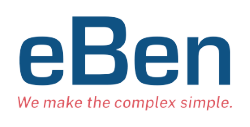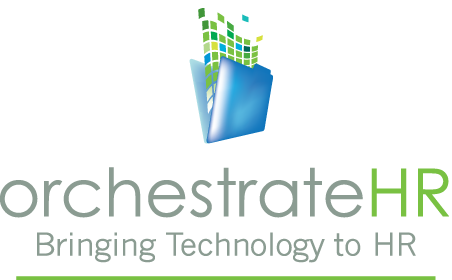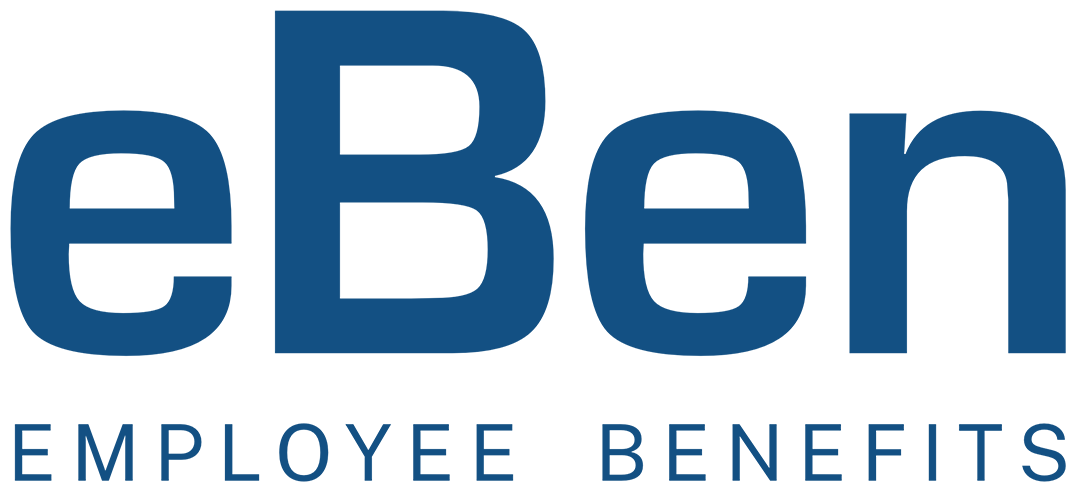Beware: Voluntary Wellness Benefits and Tax Advantages?

Have you been approached about adding/offering voluntary wellness benefits to your employees with the implication that there would be FICA and other tax advantages? Beware.
The Internal Revenue Service (IRS) has issued a legal advice memorandum cautioning employers about the potential risks associated with certain supplemental health plans. Consulting with experienced employee benefits consultants, such as eBen, can help mitigate risks and ensure adherence to regulatory requirements.
Johnson & Johnson Lawsuit

A recent class action lawsuit filed against Johnson & Johnson (J&J) has raised concerns about fiduciary duty within health plan management. Allegations include J&J’s failure to negotiate favorable terms with pharmacy benefit managers (PBMs), leading to overspending by the plan and participants.
Self-funded Appeal Processes

An Adverse Benefit Determination (ABD) is a decision to deny, reduce, or terminate a benefit or to fail to provide or make payment for a benefit. This can include denying benefits, refusing to pay for a service, or rescinding coverage. ABDs can be based on a determination that a benefit is not medically necessary or that the individual is not eligible for it. These ABDs can also be based on the type or level of service, medical necessity, appropriateness, setting, or effectiveness of a covered benefit.
The process of handling an Adverse Benefit Determination involves several key steps and considerations. Claimants typically have 180 days to file an Appeal, with exceptions for specific claim types. They’re entitled to access all relevant documents and records, including any new evidence considered in the decision-making process. Additionally, the review process must take into account all comments and information submitted by the claimant, conducted by a fiduciary who was not involved in the initial determination. If disagreements persist after the Appeal, claimants can request a second level of review or pursue an external review process. Understanding the Explanation of Benefits (EOB) is important for policyholders to comprehend their healthcare costs and ensure billing and insurance coverage accuracy.
New Proposed National Paid-Leave
Program & Workplace Reforms

In a groundbreaking move outlined in his 2025 budget proposal, President Joe Biden unveils plans to institute a comprehensive national paid family and medical leave program, administered through the Social Security Administration. The proposed program aims to offer eligible employees up to 12 weeks of leave for various caregiving needs, including bonding with a new child, caring for a sick loved one, or addressing personal health concerns. Additionally, Biden’s budget includes provisions mandating seven job-protected paid sick days annually for all workers, alongside initiatives such as restoring the expanded Child Tax Credit and establishing affordable childcare programs for qualifying families.
Form 5500 Filing

Organizations managing ERISA-covered Pension or Welfare benefit plans must file Form 5500 annually. Failure to comply can result in hefty penalties, making accurate and timely filing essential. Companies with plans having 100 or more employee participants or those with plans funded by a trust must file annually within 6 months after the plan renewal date.
As always, staying informed and proactive is key to navigating the complex landscape of employee benefits. If you have any questions or need assistance with any of the topics discussed in this newsletter, don’t hesitate to reach out to your local team or contact us here.




